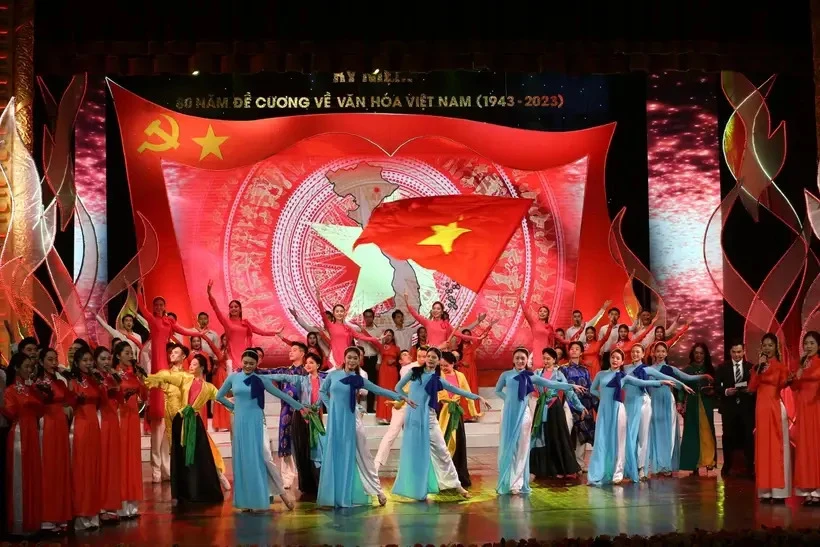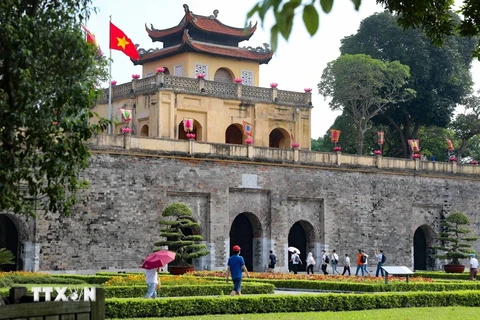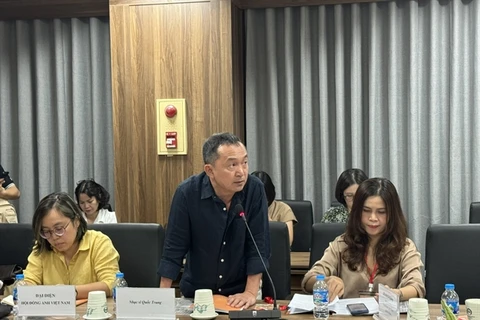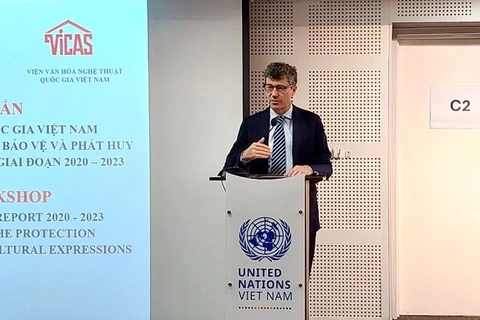
Hanoi (VNA) – In a move to catapult Vietnam onto the global cultural stage, Prime Minister Pham Minh Chinh on August 29 signed a directive outlining tasks for the development of the country's cultural industries, aiming to position Vietnam as a major player in the field, aligning with contemporary trends and unlocking potential for socio-economic growth.
The directive stressed that cultural industries worldwide are rapidly expanding, recognised as a sustainable force driving resource pooling, competitive advantages and positive contributions to national branding and economic development. Vietnam, with its rich cultural heritage and burgeoning creative scene, is poised to capitalise on this momentum.
It underlined the urgent need to harness technology, business acumen, creativity, cultural capital and intellectual property rights to produce cultural and economic value-laden products and services.
By maximising its potential and fostering diversity and cross-sectoral linkages, Vietnam aims to meet the criteria of creativity, identity, uniqueness, professionalism, healthiness, competitiveness, and sustainability based on national, scientific and popular foundations. This approach should progressively build a national brand and integrate the country into the global value chain, aligning with market economy rules and both domestic and international laws.
The PM urged ministries, ministry-level and Government agencies to raise their awareness of the position, role, and importance of cultural industries for socio-economic development and promotion of Vietnamese culture. Strong leadership and a targeted approach are essential to steer this strategic effort effectively.
To facilitate this transformation, relevant authorities were asked to review and propose amendments to legal documents, mechanisms and policies. Priority areas include investment incentives, public-private partnerships, taxation, credit access, technological application, data system development, and administrative reform linked with digital transformation.
Specific tasks were also assigned to the Ministries of Culture, Sports and Tourism; Information and Communications; and Industry and Trade.
Authorities of provinces and centrally-run cities were tasked with issuing local policies to foster cultural industries, balance budgets, provide investment incentives, and build competitive and innovative local markets.
Localities, particularly those within UNESCO Creative Cities Network, were encouraged to develop plans supporting creative spaces and cultural industry centres.
By early 2026, local authorities were required to establish dedicated sections on cultural industries on their official websites to raise public awareness and engagement./.






















